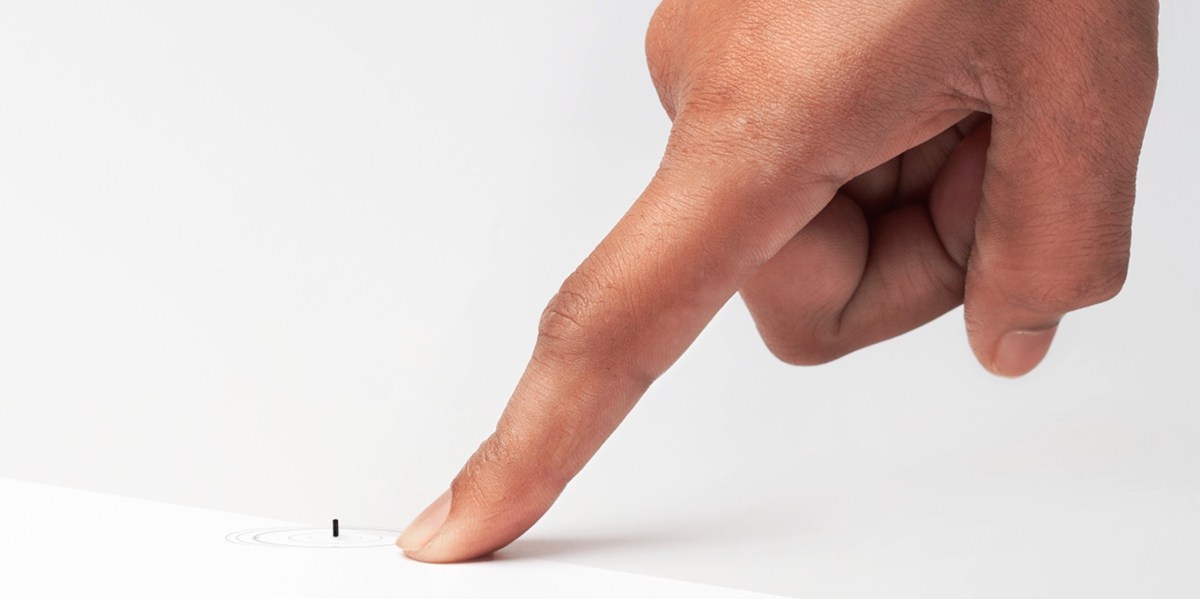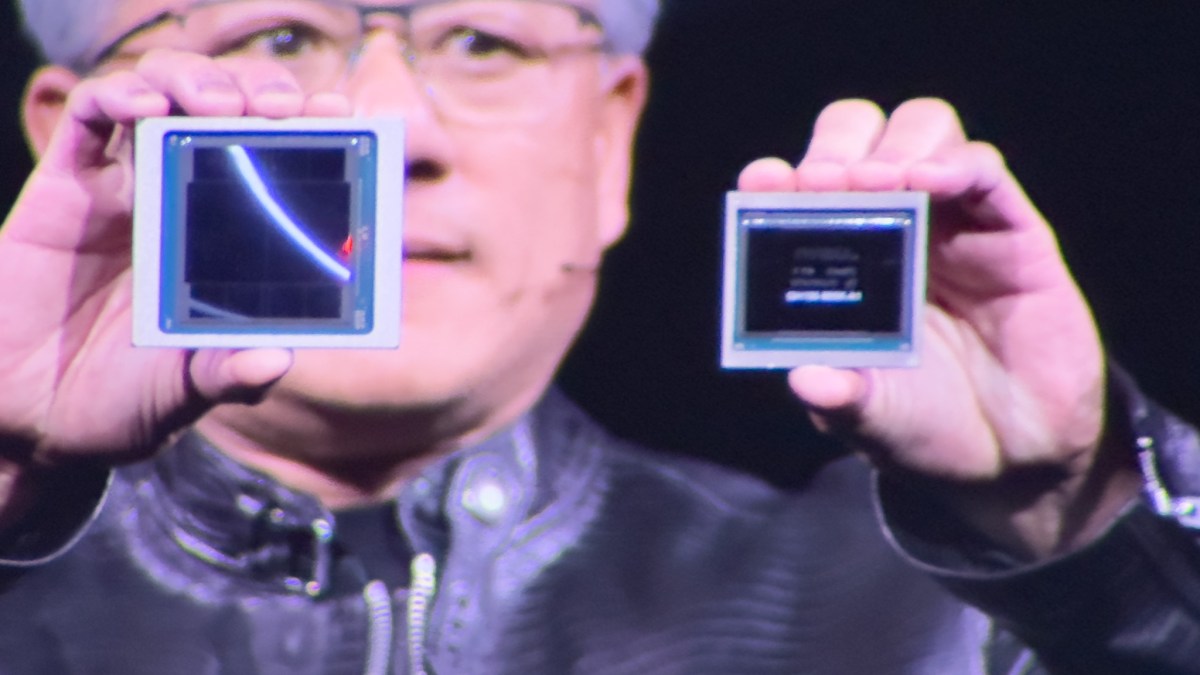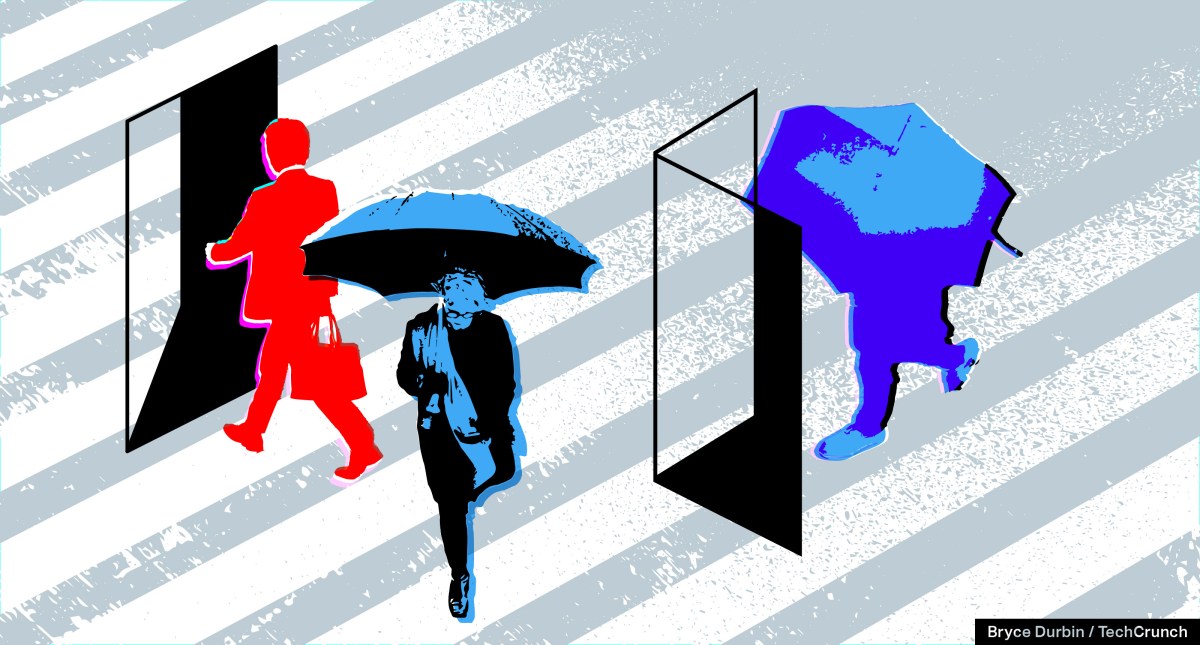Bionaut Labs gets $43.2M for its tiny drug delivery robots
Founded in 2017, Bionaut Labs arrived out of stealth in March 2021, with plans to commercialize longstanding research around drug delivery robots. The Los Angeles-based startup today followed up its initial $20 million funding announcement with a $43.2 million Series B, bringing its total raise up to – you guessed it — $63.2 million. This round was led by Khosla Ventures and featured new investors, Deep Insight, OurCrowd, PSPRS, Sixty Degree Capital, Dolby Family Ventures, GISEV Family Ventures, What if Ventures, Tintah Grace and Gaingels.
If you’ve followed the robots space, you’re likely familiar with the research that gone into these tiny, remote controlled medical robots. Bionaut’s own work now has a couple of deadlines in place, including 2023 pre-clinical studies, followed by clinical trials with human patients the follow years.
“There has been a dearth of innovation around treatments for conditions that cause tremendous suffering, in large part because past failures have discouraged even the best of researchers,” CEO and cofounder Michael Shpigelmacher says in a release. “Bionaut Labs remains committed to finding new ways to treat these devastating diseases, which are long overdue for a breakthrough.”
The startup’s magnetically driven robots of the same name are designed to deliver treatments to the midbrain – a more direct application than standard systemically delivered (intravenously, orally, etc.) drugs. The firm has its eyes on a number of extremely debilitating conditions, including Parkinson’s disease and Huntington’s disease.
This round of funding, meanwhile, will be focused on treatments for malignant glioma brain tumors and Dandy-Walker Syndrome. The money will also go toward advancing R&D on its technology and hitting the aforementioned milestones.
Shpigelmacher and cofounder Aviad Maizels were both previously involved with PrimeSense, the Israeli-based 3D imagining firm behind Microsoft Kinect. That firm was acquired by Apple in 2013 and ultimately served as the foundation for its Face ID tech.




